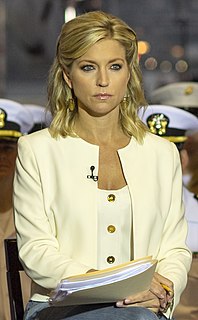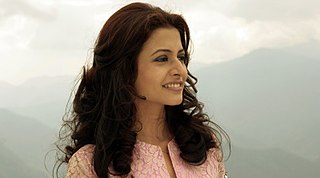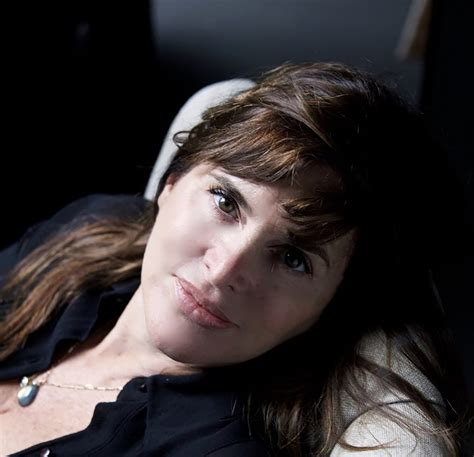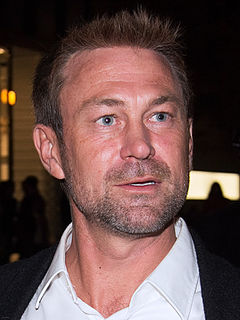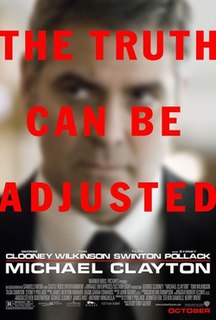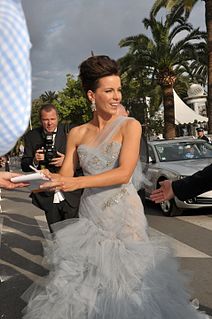A Quote by Ainsley Earhardt
I wrote the children's books, and those were wonderful tributes to my life as a daughter and a mother and just a thank-you to my parents for all the lessons in life they had passed on to me that I could pass onto my child and to other kids around the world.
Related Quotes
My daughter is seven, and some of the other second-grade parents complain that their children don't read for pleasure. When I visit their homes, the children's rooms are crammed with expensive books, but the parent's rooms are empty. Those children do not see their parents reading, as I did every day of my childhood. By contrast, when I walk into an apartment with books on the shelves, books on the bedside tables, books on the floor, and books on the toilet tank, then I know what I would see if I opened the door that says 'PRIVATE--GROWNUPS KEEP OUT': a child sprawled on the bed, reading.
I didn't like what was on TV in terms of sitcoms?it had nothing to do with the color of them?I just didn't like any of them. I saw little kids, let's say 6 or 7 years old, white kids, black kids. And the way they were addressing the father or the mother, the writers had turned things around, so the little children were smarter than the parent or the caregiver. They were just not funny to me. I felt that it was manipulative and the audience was looking at something that had no responsibility to the family.
I think my children have presented one of the biggest lessons so far in my life. It was only when my kids were born that I realized just how much I'd been living my life worried about what everybody thought of me and, even more strangely, worried about what I imagined other people might be thinking about me.
Sometimes I'll say, "I wrote that book," and the person will look at you as if you're really strange. One time that happened to my daughter on a plane. She was sitting next to a girl who was reading one of my books and my daughter said, "My mother wrote that book." And the girl started to quiz my daughter, asking her all sorts of questions, like what are the names of Judy's children and where did she grow up. My daughter thought it was so funny.
The love between a mother and her daughter is special. A mother takes her daughter under her wing and teaches her how to be a woman. In order to do this, you have to ask yourself what it means to be a woman of today. How do you balance care for others with your own quest for meaning and joy in life and how do you pass on these lessons to your daughter?
Parents should teach their children to pray. The child learns both from what the parents do and what they say. The child who sees a mother or a father pass through the trials of life with fervent prayer to God and then hears a sincere testimony that God answered in kindness will remember what he or she saw and heard. When trials come, that individual will be prepared.
Was it the act of giving birth that made you a mother? Did you lose that label when you relinquished your child? If people were measured by their deeds, on the one hand, I had a woman who had chosen to give me up; on the other, I had a woman who'd sat up with me at night when I was sick as a child, who'd cried with me over boyfriends, who'd clapped fiercely at my law school graduation. Which acts made you more of a mother? Both, I realized. Being a parent wasn't just about bearing a child. It was about bearing witness to its life.
The myth of independence from the mother is abandoned in mid- life as women learn new routes around the mother--both the mother without and the mother within. A mid-life daughter may reengage with a mother or put new controls on care and set limits to love. But whatever she does, her child's history is never finished.
'Master Harold' is about me as a little boy, and my father, who was an alcoholic. There's a thread running down the Fugard line of alcoholism. Thankfully I haven't passed it on to my child, a wonderful daughter who's stone-cold sober. But I had the tendency from my father, just as he had had it from his father.
